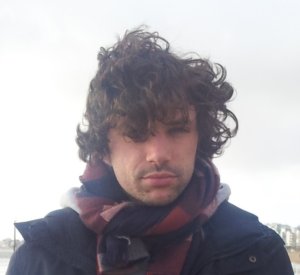 [tabs type = ”horizontal”] [tabs_head] [tab_title] Flavien Bouttet [/ tab_title] [/ tabs_head] [tab] Favien Bouttet is an associate researcher in the “Sport and social sciences” team at the University of Strasbourg. He is conducting surveys on the transformations of the sports world and therefore is currently working on the dissemination of padel in France. [/ tab] [/ tabs]
[tabs type = ”horizontal”] [tabs_head] [tab_title] Flavien Bouttet [/ tab_title] [/ tabs_head] [tab] Favien Bouttet is an associate researcher in the “Sport and social sciences” team at the University of Strasbourg. He is conducting surveys on the transformations of the sports world and therefore is currently working on the dissemination of padel in France. [/ tab] [/ tabs]
Media interest around the padel asks the sociologist the question of the socio-historical conditions of diffusion of this new discipline.
Invoked by Bourdieu at the end of the 1970 [4] years, socio-historical approaches to sport studying social contexts, institutional policies and the role of certain individual actors have been widely developed by researchers, particularly with regard to tennis [2].
The emergence of padel
This work can thus serve as a basis for understanding the way in which the Padel has emerged ?
How private structures like Casa Padel, but also the traditional clubs and the French tennis federation are involved in the discipline and seek to structure it? What groups or associations existed upstream? How could the media interest of the last few months presented in the previous paragraph exist? Regarding this last question, it should be emphasized that the highlighting of padel is also a highlight of certain actors involved in the discipline.
Few articles are not accompanied by interviews of actors involved in the development of a structure, a media, or an associative project. These actors, some of whom are visible several times may appear as entrepreneurs of cause, or promoters to use the words of Samuel Julhe [3].
On the subject of martial arts, Julhe analyzes in the processes of institutionalization of disciplines a work of promotion which is also a work of distinction of the disciplines one in relation to the others. The words of the promoters of padel refer to these two logics: to present a friendly, innovative practice, and to distinguish it, by these characteristics, from other practices and in particular from tennis.
All walks of life are interested in padel
This may however appear to be a significant nuance in the development of padel compared to the process of institutionalization of other disciplines studied by the sociology and history of sport is the particular morphology of the space of the padel.
The first part showed that the emergence of padel was done both in traditional associative tennis clubs benefiting from the support of local authorities who own the facilities in the majority of cases and in private commercial structures calling on private investments.
As a result, the promoters of the discipline have extremely varied profiles and trajectories.
Above all, their interests diverge. Exploratory interviews present cases of tennis teachers investing in the padel to diversify their activity, private sector executives unrelated to the sporting world investing in commercial structures offering the practice of padel or organizing events, or even cases of leaders of the French tennis federation seeking to stop a drop in the number of licensees at the national level.
Common interests
As for the different actors in a field [1], all these actors nevertheless have common interests. They especially need an increase in the number of practitioners and resources invested in the discipline. During the first interviews carried out with some of these promoters (specialist journalist, tennis and tennis teacher padel, manager of an event company, teacher trainer), it also appears that everyone prefers to put forward ideas of cooperation rather than competition between the various players, both individual and institutional. It should also be noted that many of these promoters of padel know each other and talk to each other, meet during events. They thus reveal a form of network of promoters of padel at national scale.
[1] Bourdieu, P. (1984), How can we be athletic, in Question of sociology, (173-195), Paris: Éditions de Minuit.
[2] Waser, AM (2004), Sociology of tennis. Genesis of a crisis (1960-1990). Paris, L'harmattan; Juhle, S. (2009), Japanese martial practices in France. Institutionalization of disciplines and professionalization of teaching, Acts of research in social sciences, 179, 92-111. Defrance, J. (1989), A sport schism [Structural cleavages, splits and oppositions in athletic sports, 1960-1980], social science research, 79, 76-91.
[3] Op. Cit.
[4] Bourdieu, P. (1984). Some properties of the field, in Sociology issues (113-120). Paris: midnight editions.
Franck Binisti discovers the padel at the Club des Pyramides in 2009 in the Paris region. Since padel is part of his life. You often see him touring France going to cover the major events of padel French.

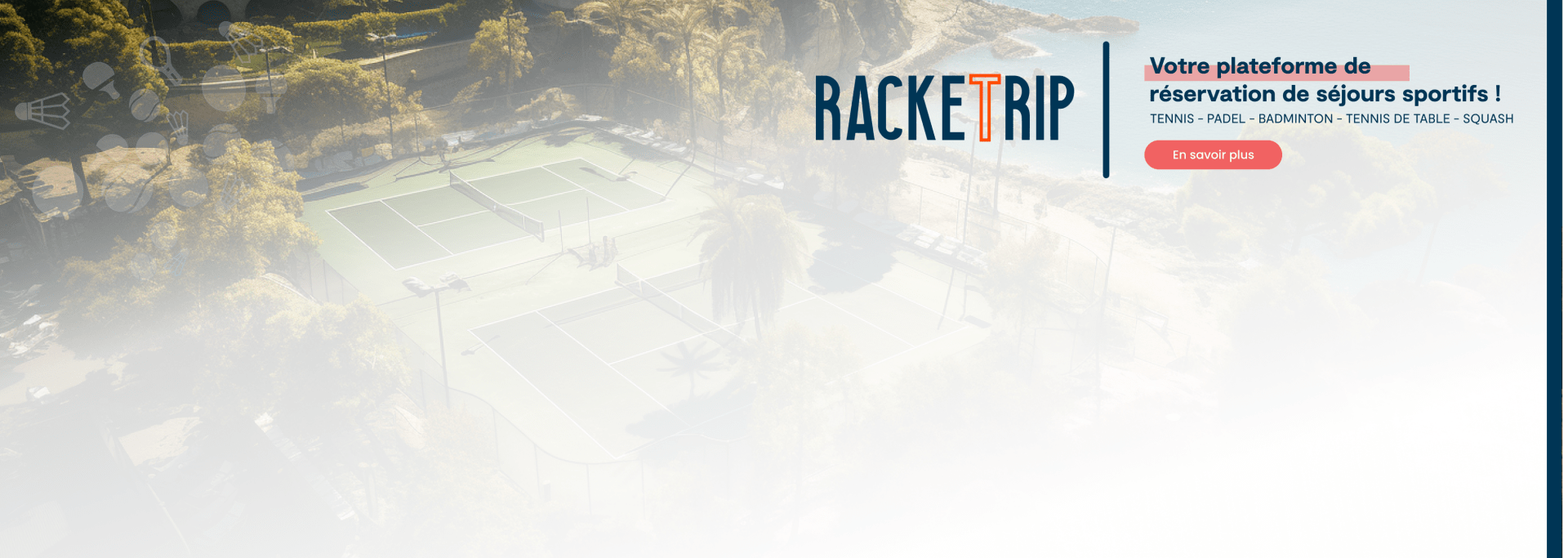


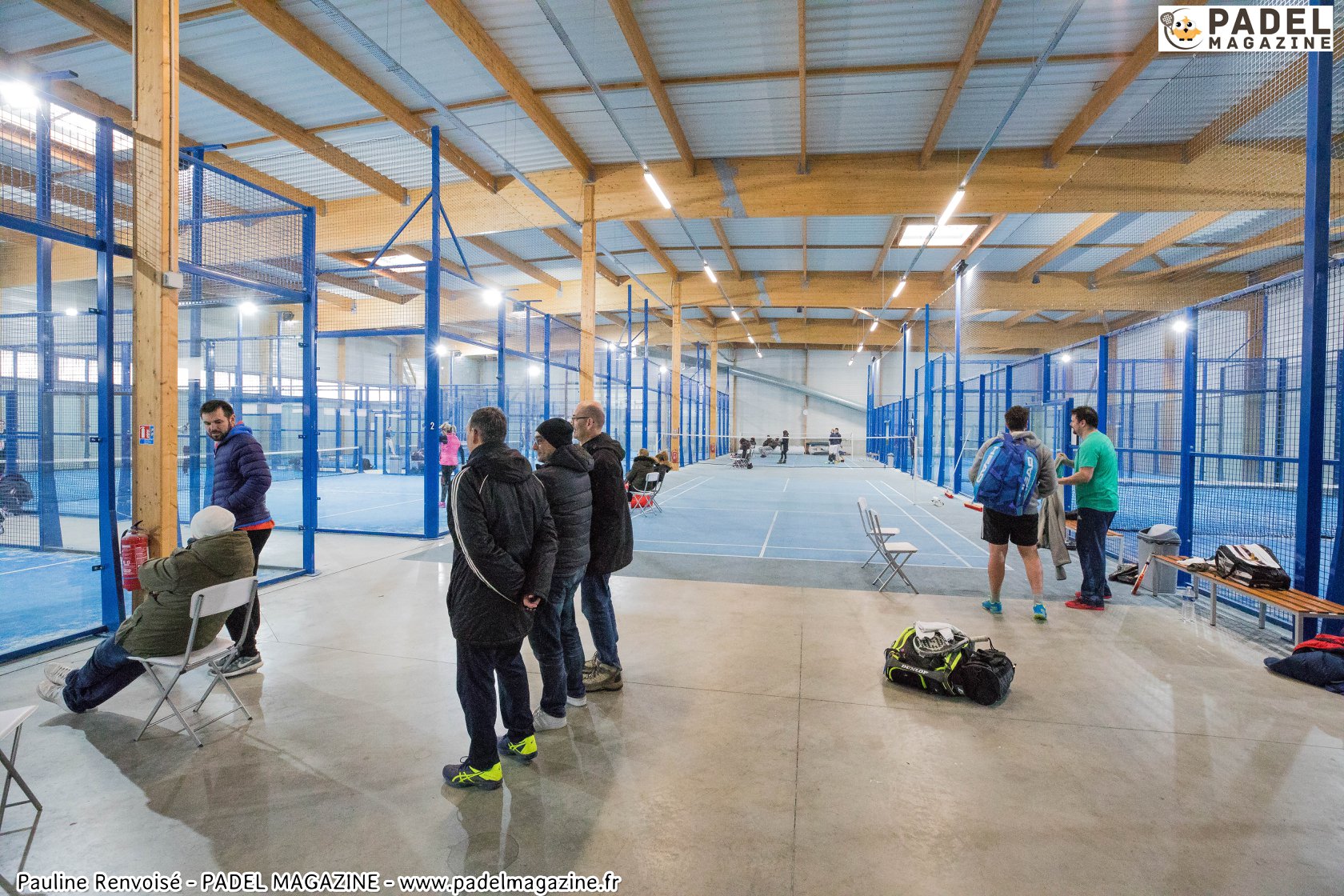











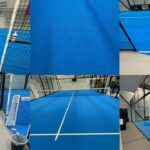













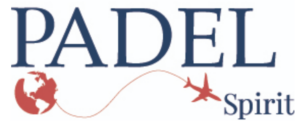
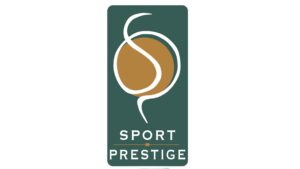
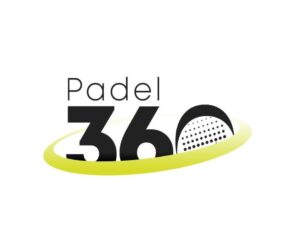
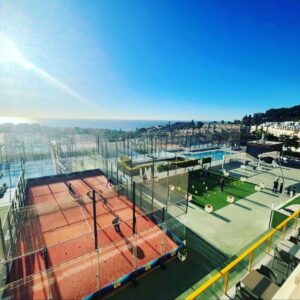
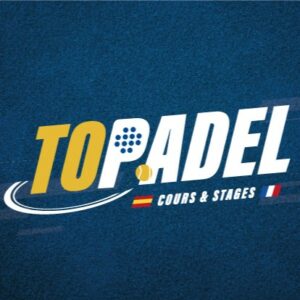



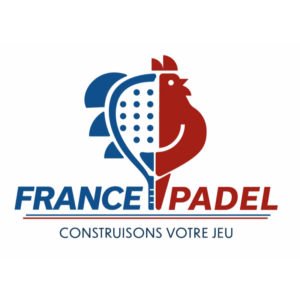

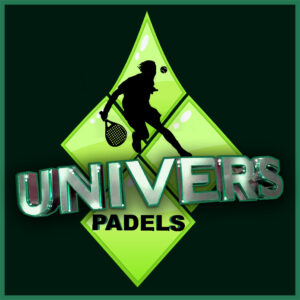


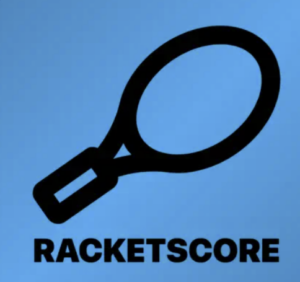
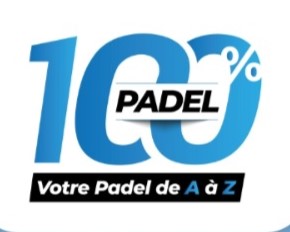
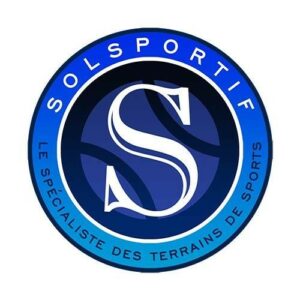

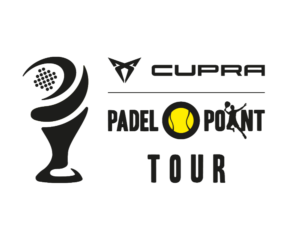

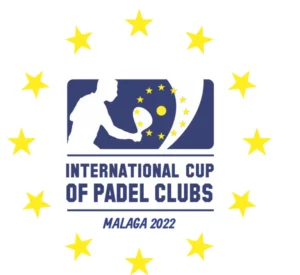




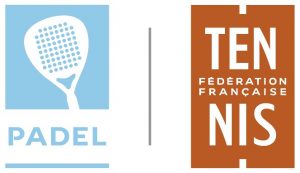


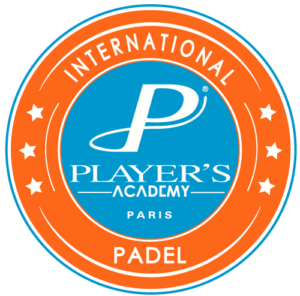
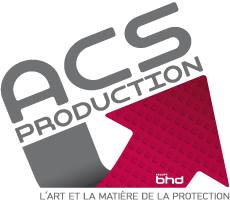









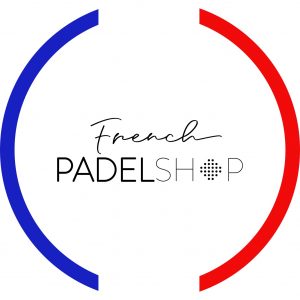
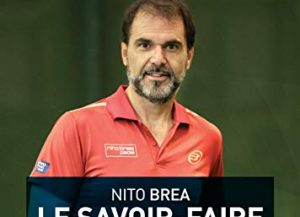
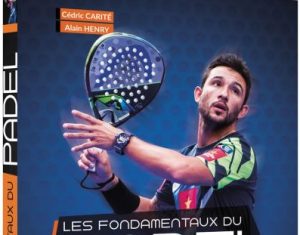


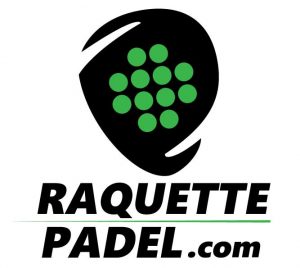
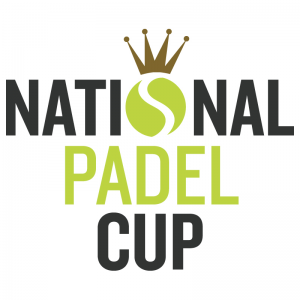
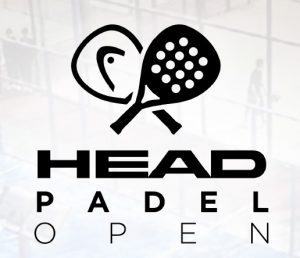





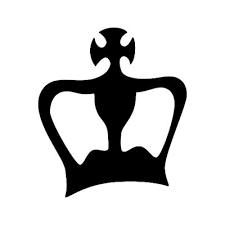


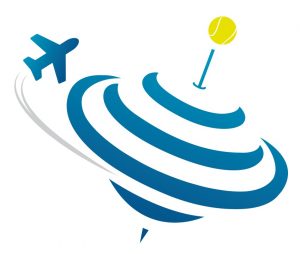
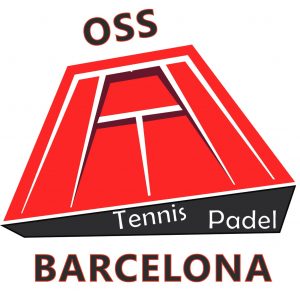
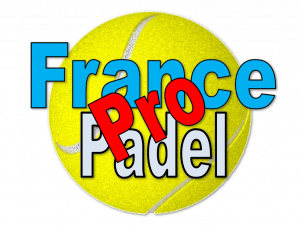


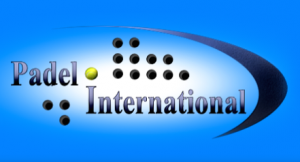

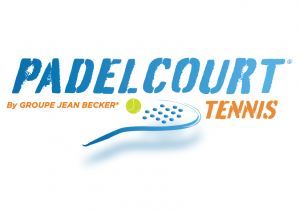

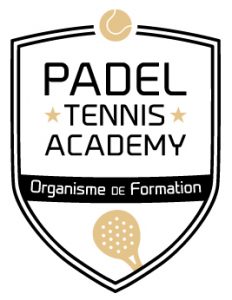
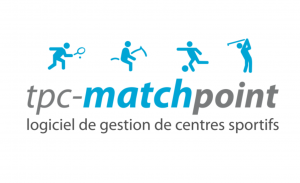

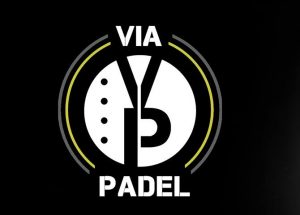
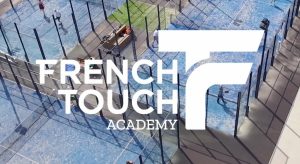



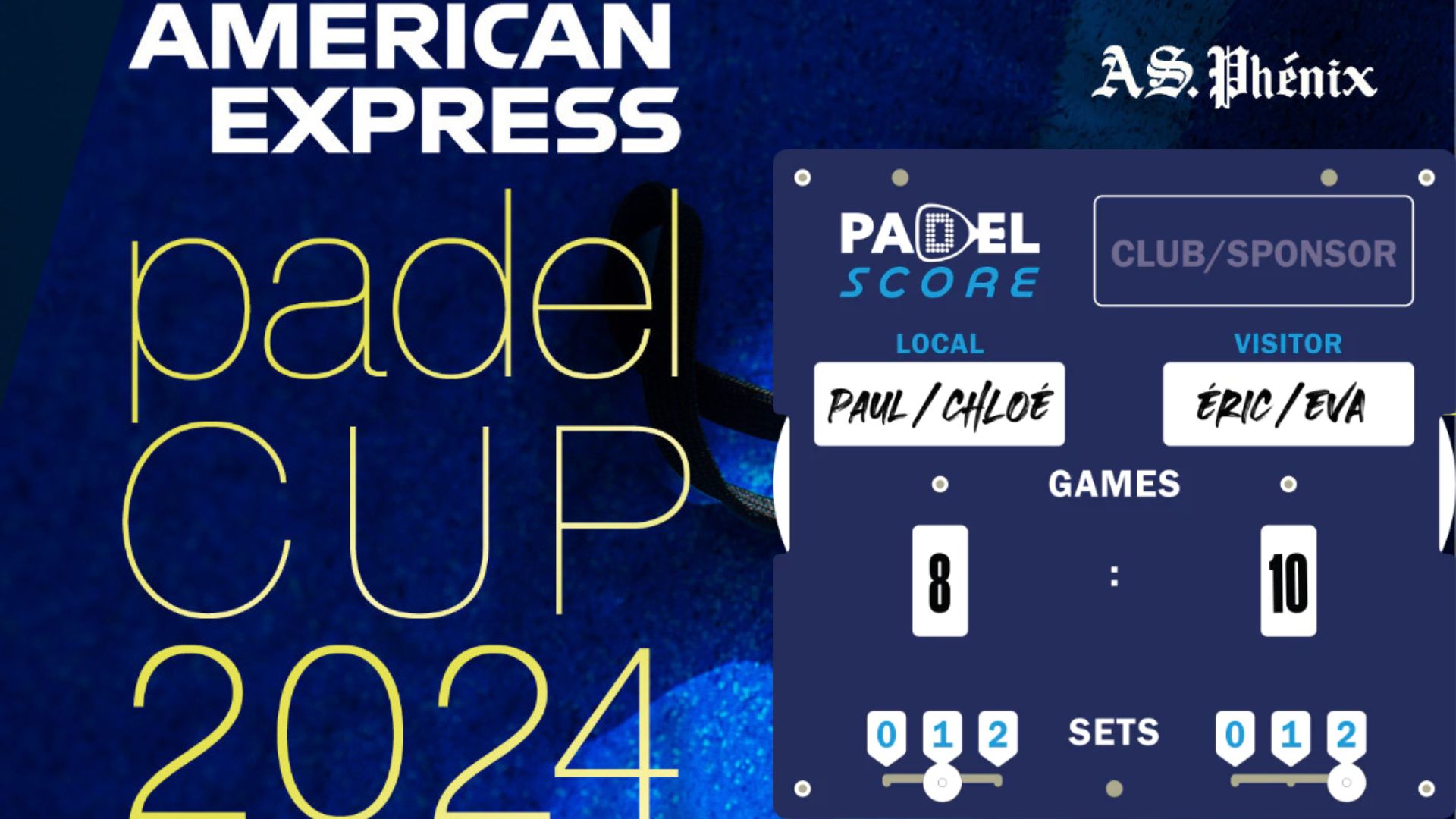 Padel Score comes to Tahiti for American Express Padel Cup!
Padel Score comes to Tahiti for American Express Padel Cup!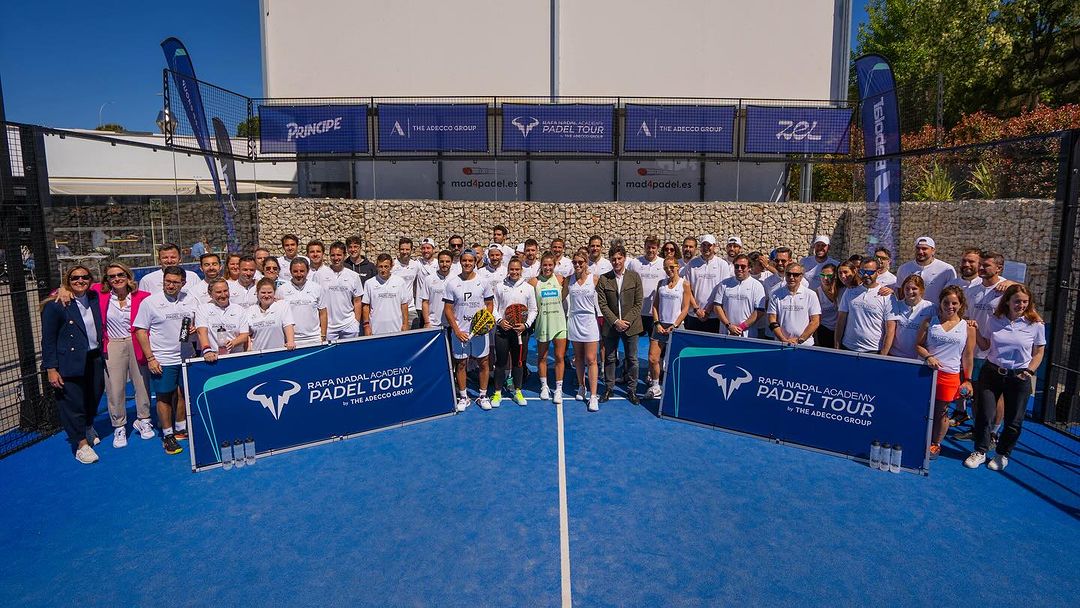 Do you know the Rafa Nadal Academy Tour?
Do you know the Rafa Nadal Academy Tour?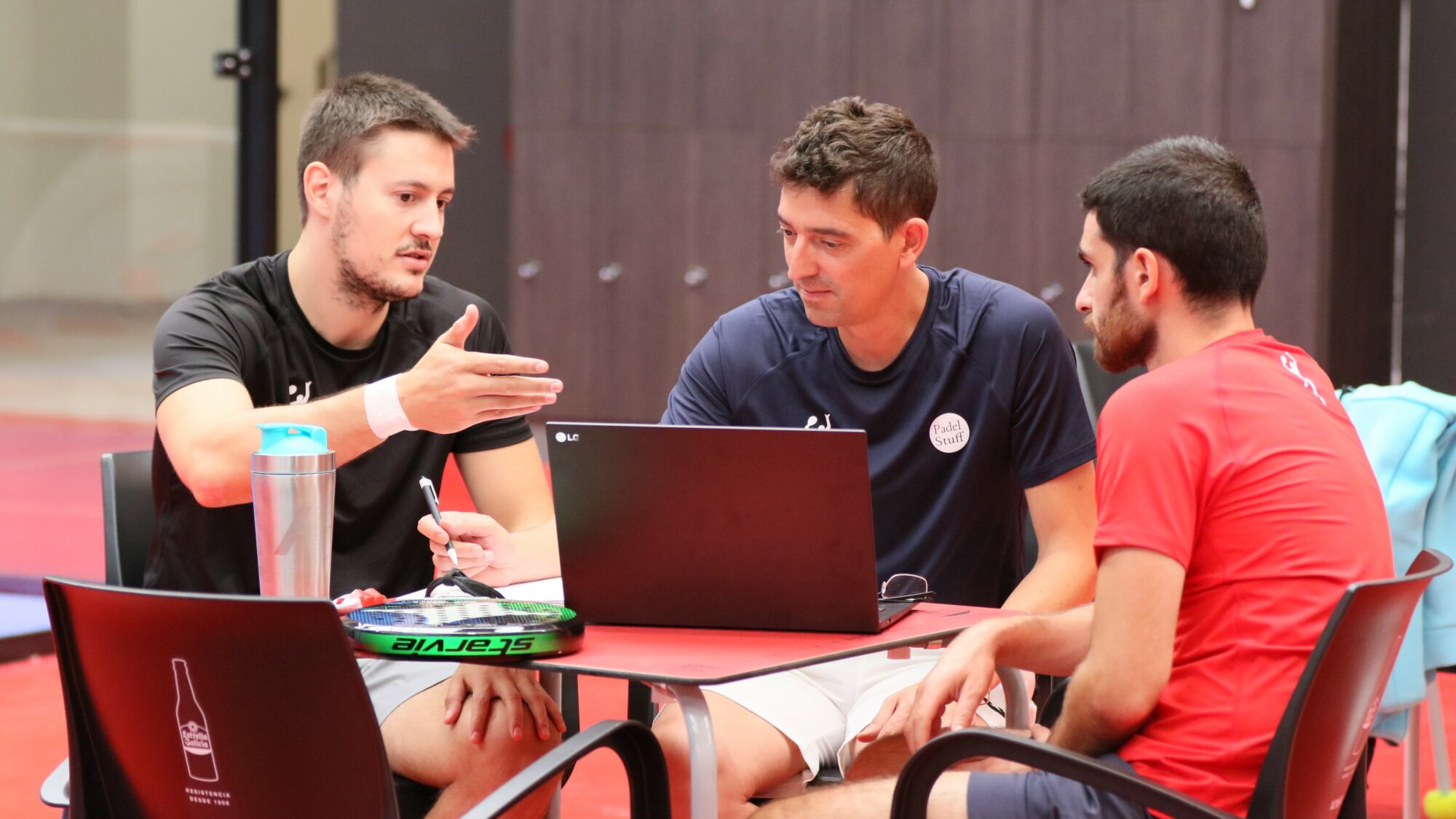 At the heart of padel – Episode 25: Paul and Andoni answer your questions
At the heart of padel – Episode 25: Paul and Andoni answer your questions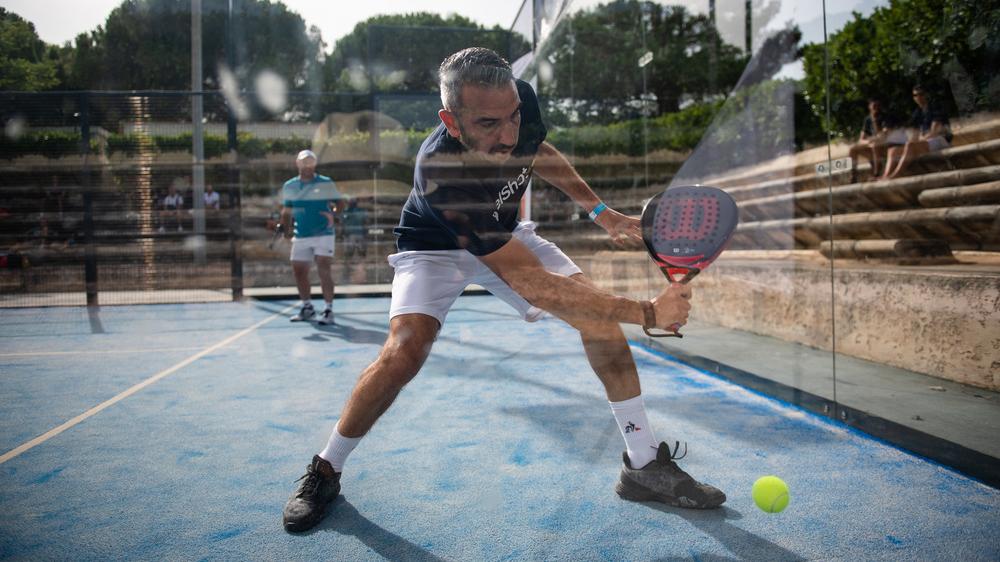 Simon Boissé: “We know that there are two nations in front of us”
Simon Boissé: “We know that there are two nations in front of us”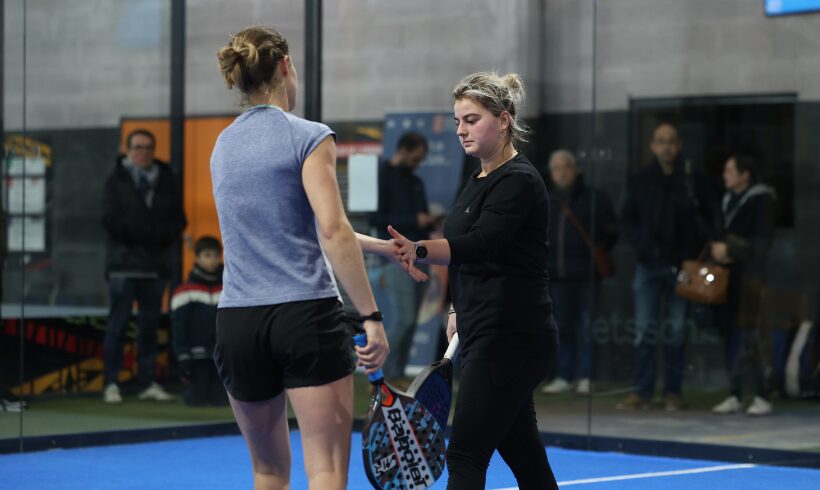 Marie Maligo: “This period of frequent changes of partners was beneficial for me”
Marie Maligo: “This period of frequent changes of partners was beneficial for me”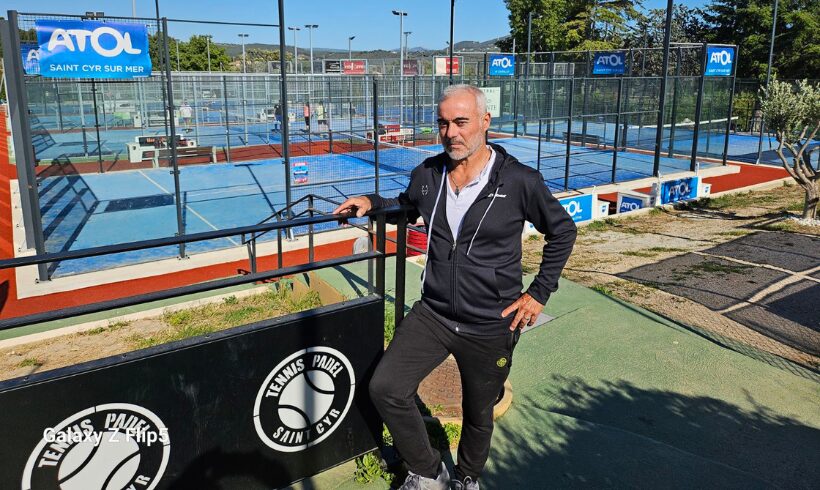 Alain Idier: “Adding tracks of padel, without sacrificing tennis”
Alain Idier: “Adding tracks of padel, without sacrificing tennis”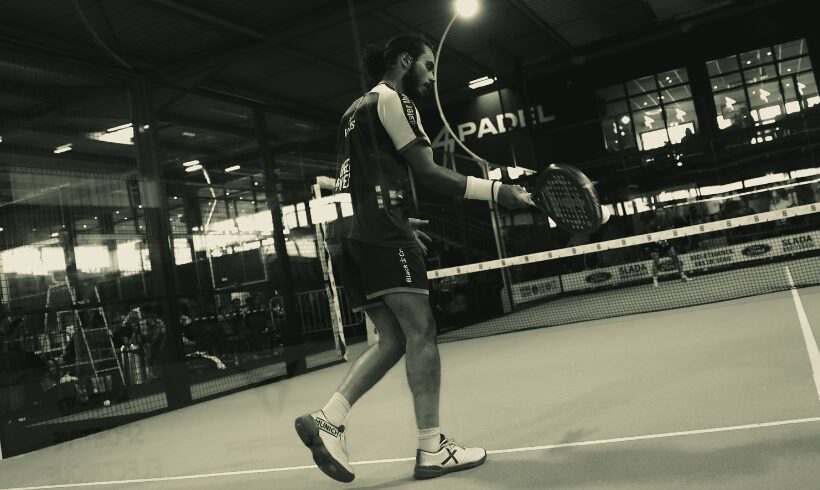 Manuel Vives: “It’s extremely difficult to get by financially”
Manuel Vives: “It’s extremely difficult to get by financially”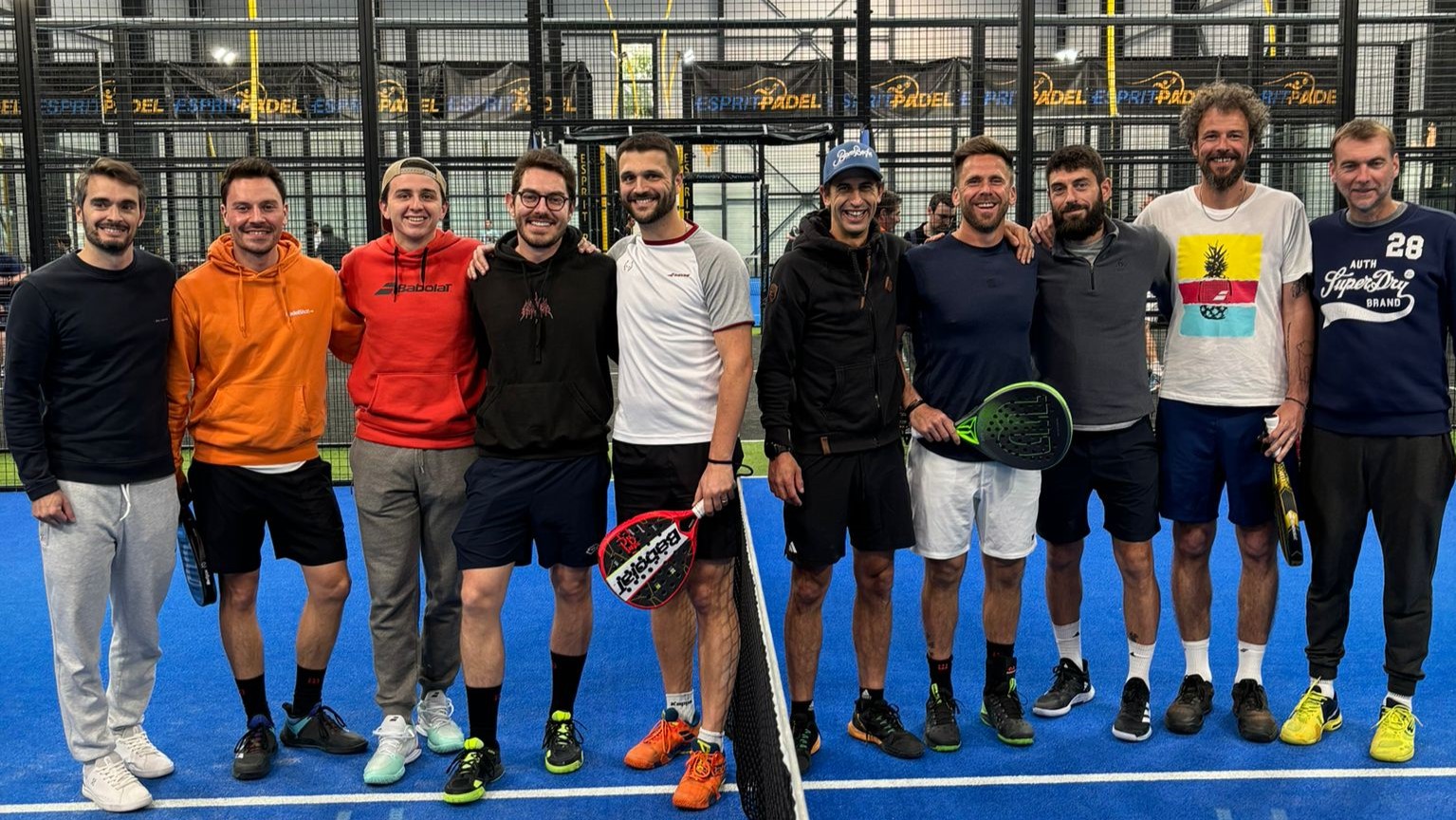 Mind Padel Lyon and the Auvergne Rhône-Alpes League innovate with team tournaments
Mind Padel Lyon and the Auvergne Rhône-Alpes League innovate with team tournaments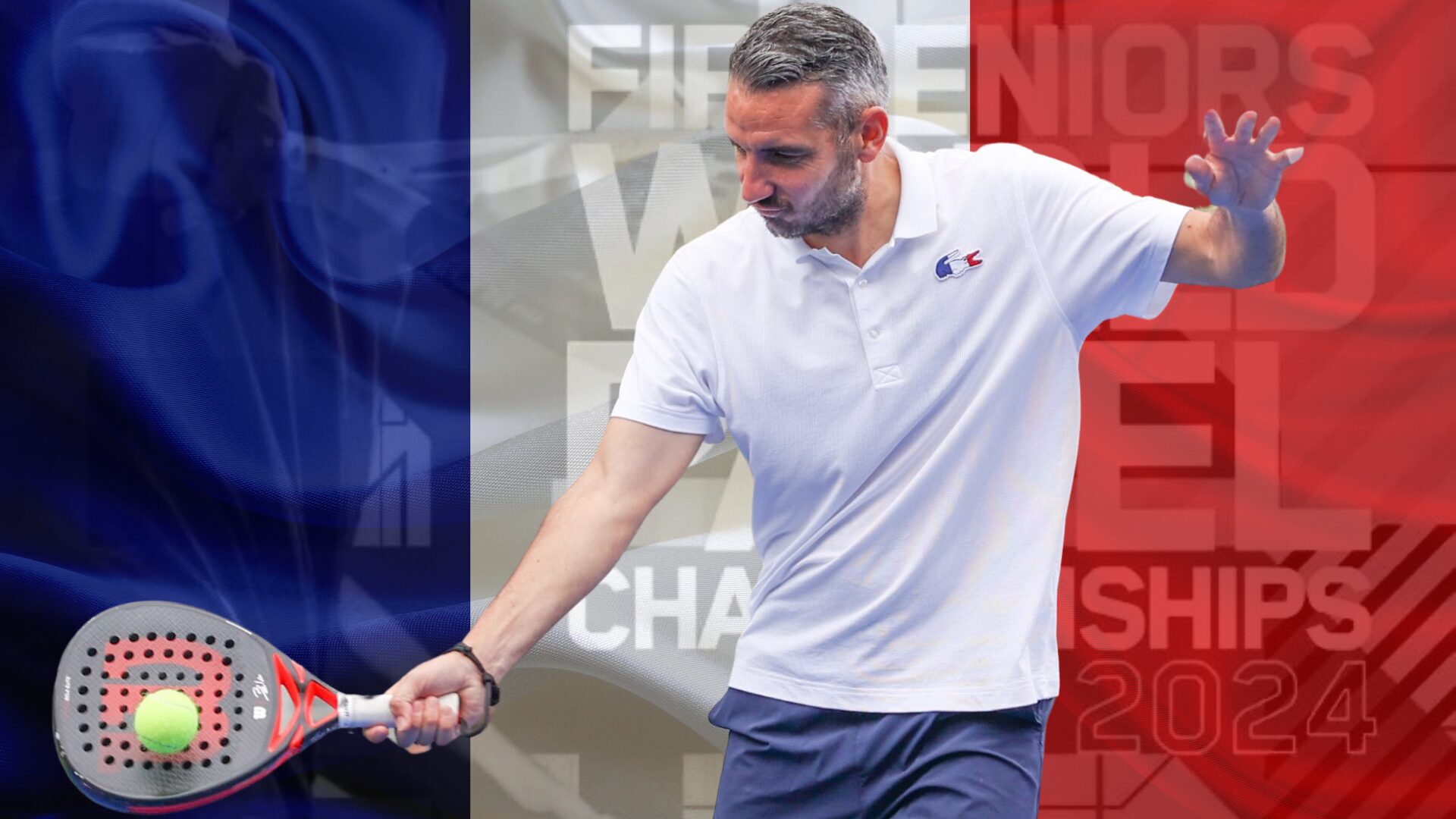 Simon Boissé: “We know that there are two nations in front of us”
Simon Boissé: “We know that there are two nations in front of us”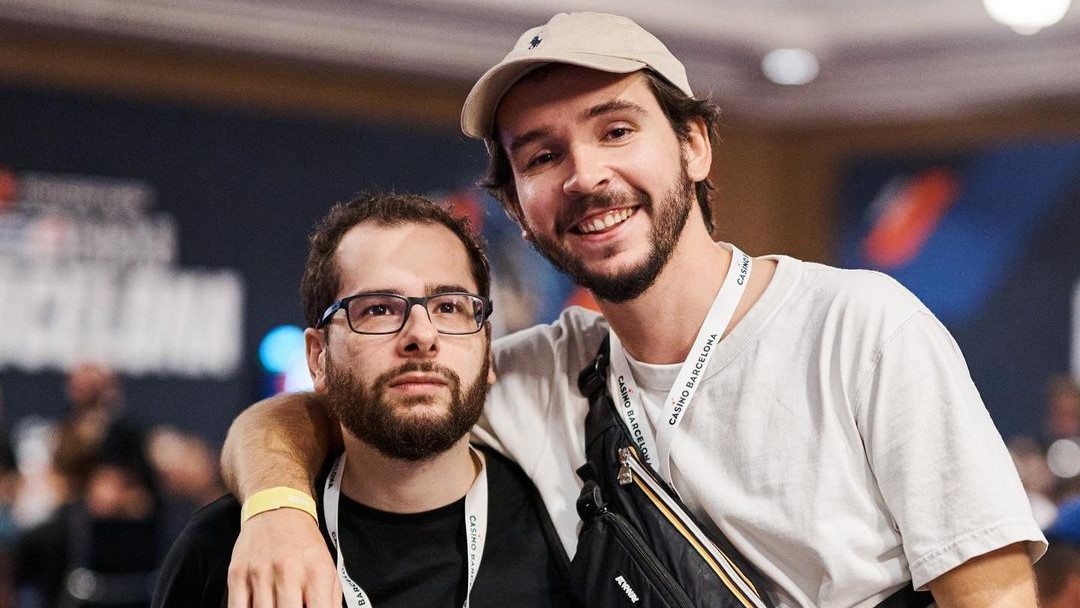 Team PAX (Domingo / Xari) returns to victory
Team PAX (Domingo / Xari) returns to victory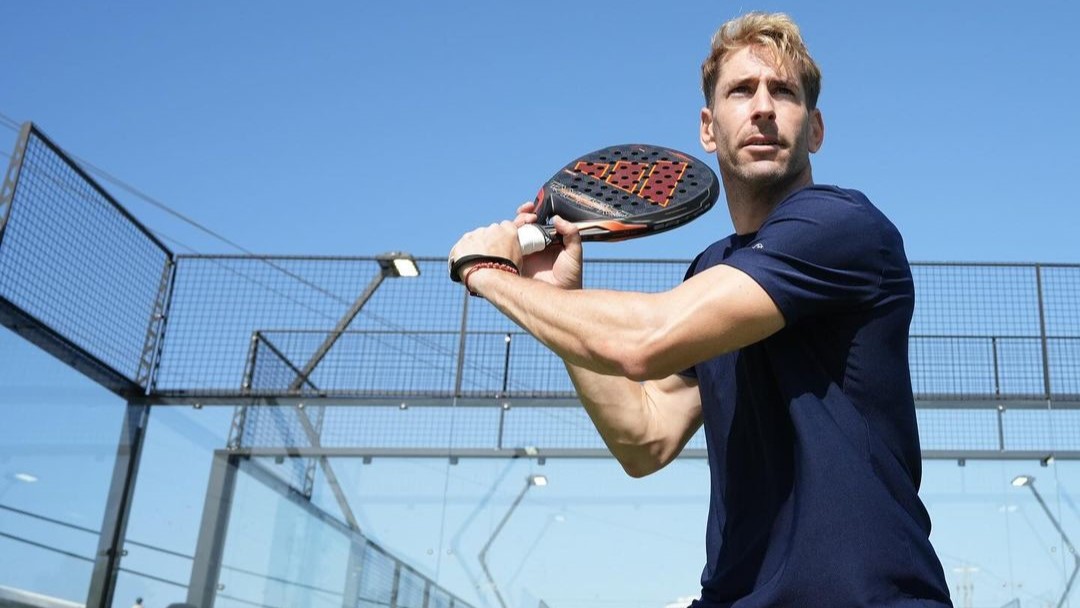 Alex Ruiz: “Finding joy again with Momo”
Alex Ruiz: “Finding joy again with Momo”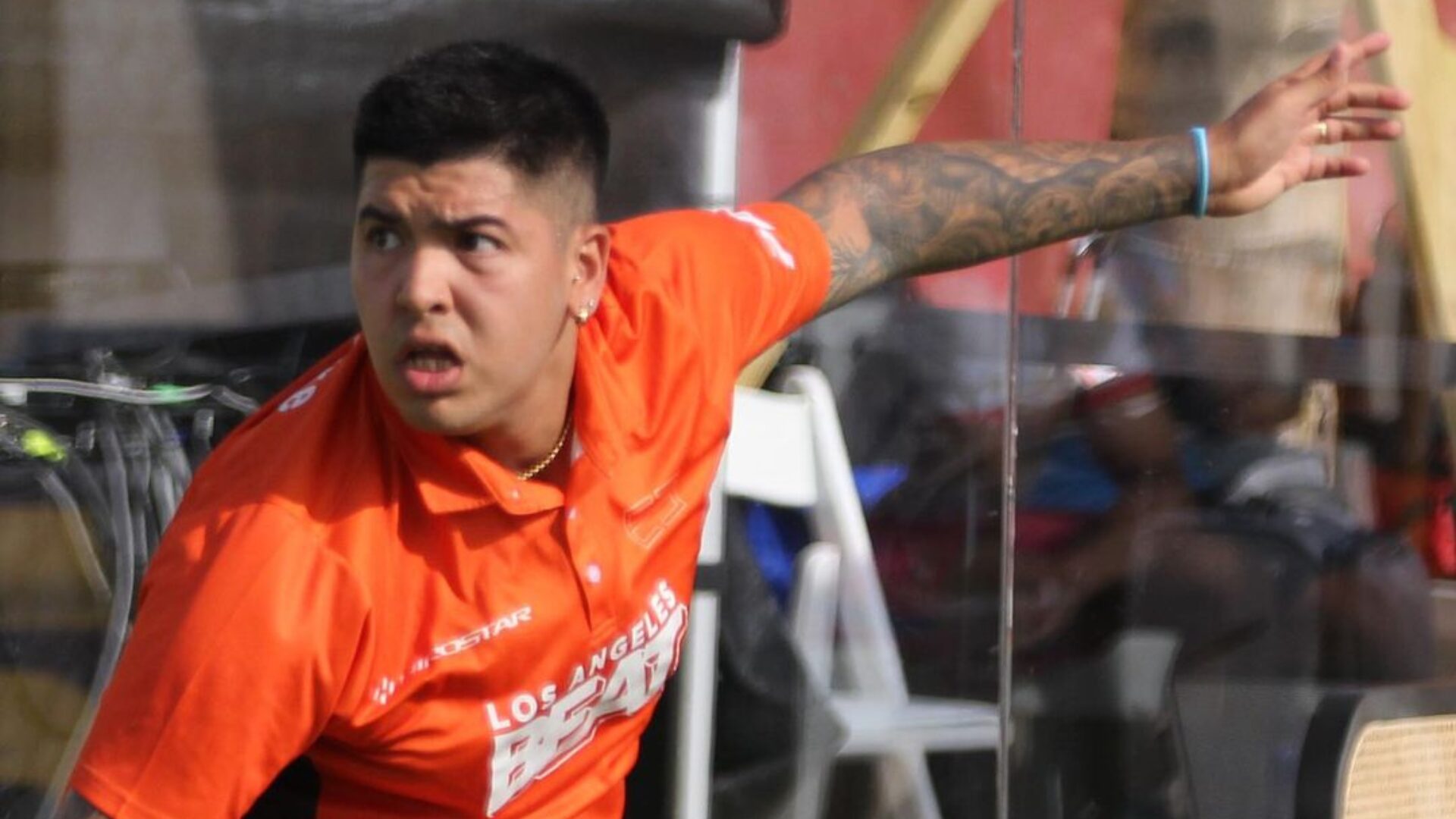 Nerone: “Tolito is not a normal player”
Nerone: “Tolito is not a normal player” P2 Brussels – Like a new school year!
P2 Brussels – Like a new school year!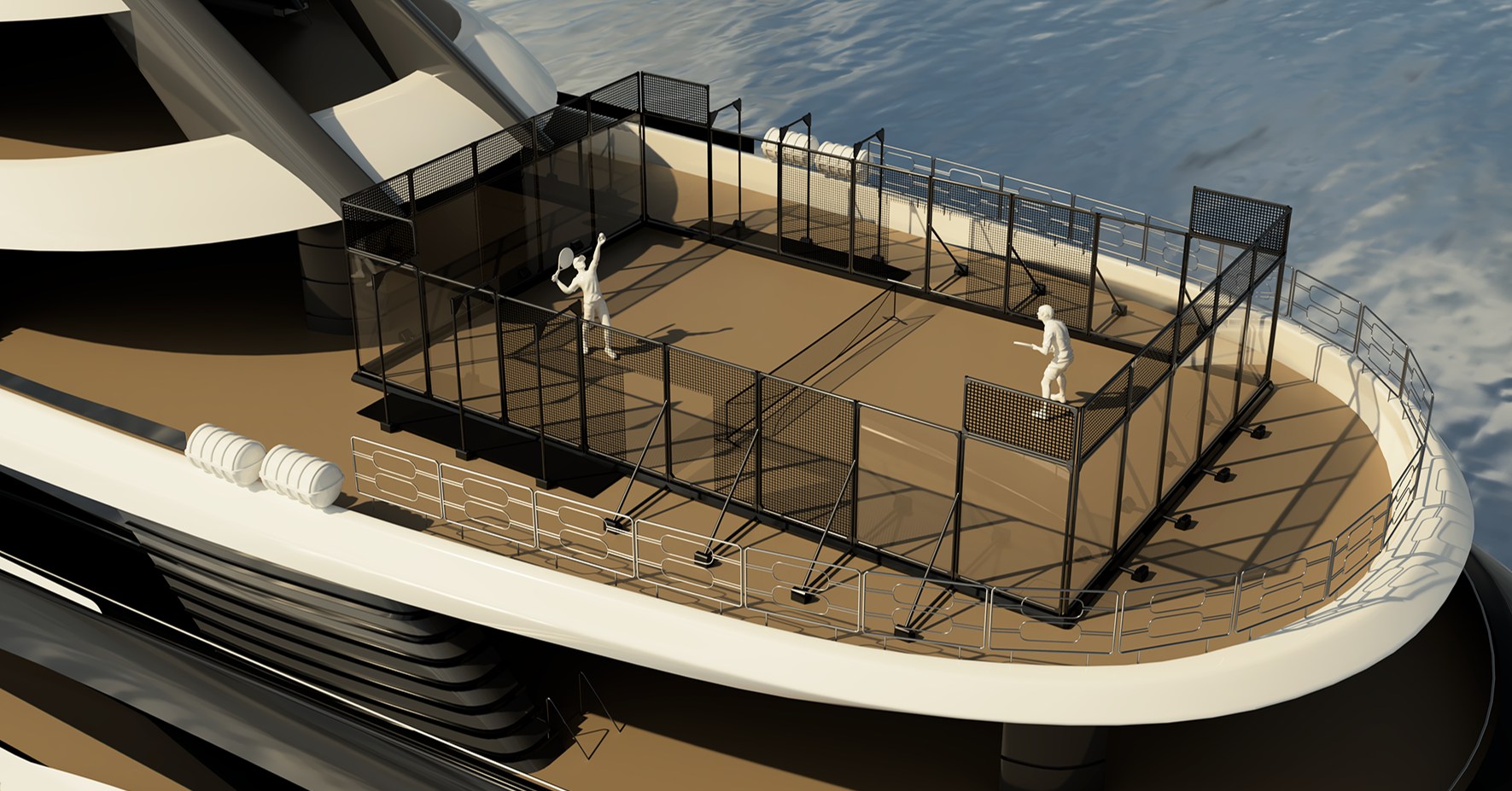 Play at padel on his yacht? Possible for €233.000!
Play at padel on his yacht? Possible for €233.000!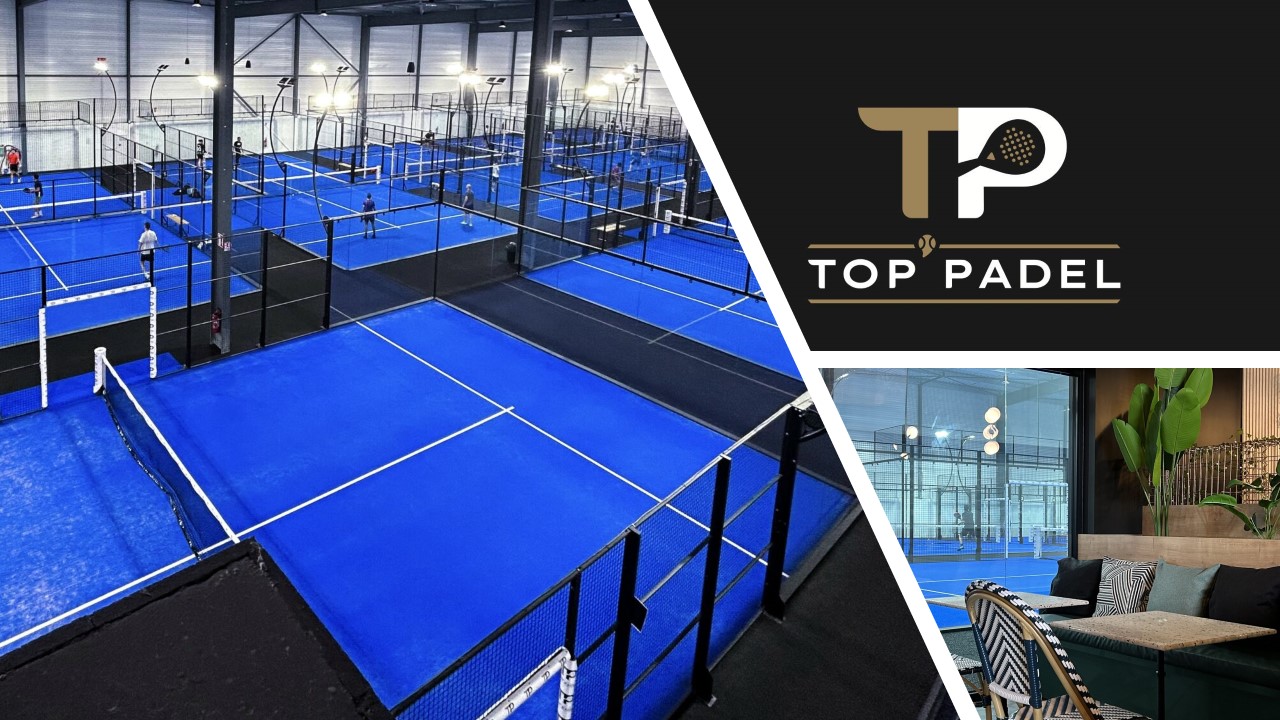 TOP Padel : “A premium club with 10 slopes in Toulouse”
TOP Padel : “A premium club with 10 slopes in Toulouse”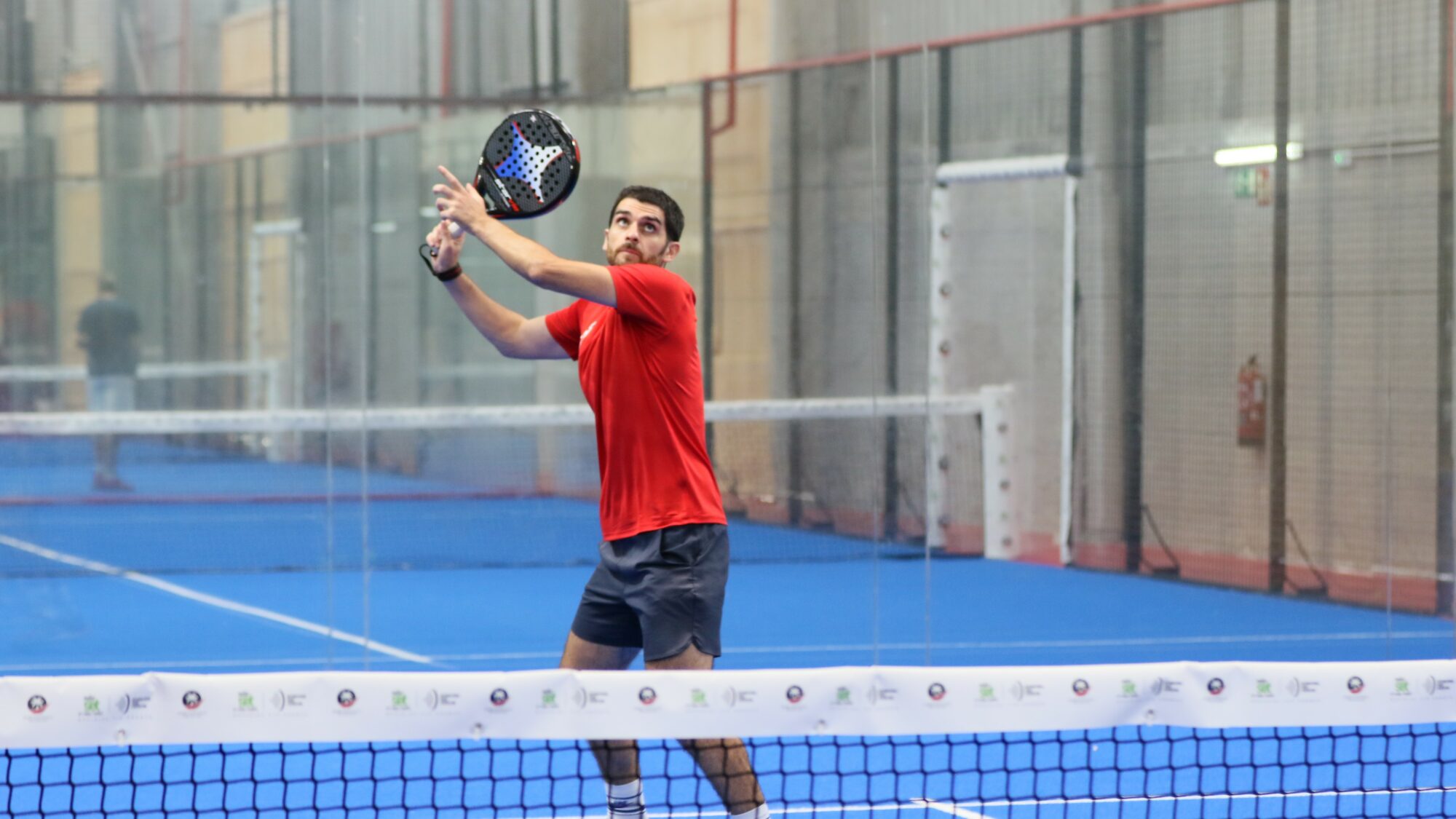 At the heart of padel – Episode 25: Paul and Andoni answer your questions
At the heart of padel – Episode 25: Paul and Andoni answer your questions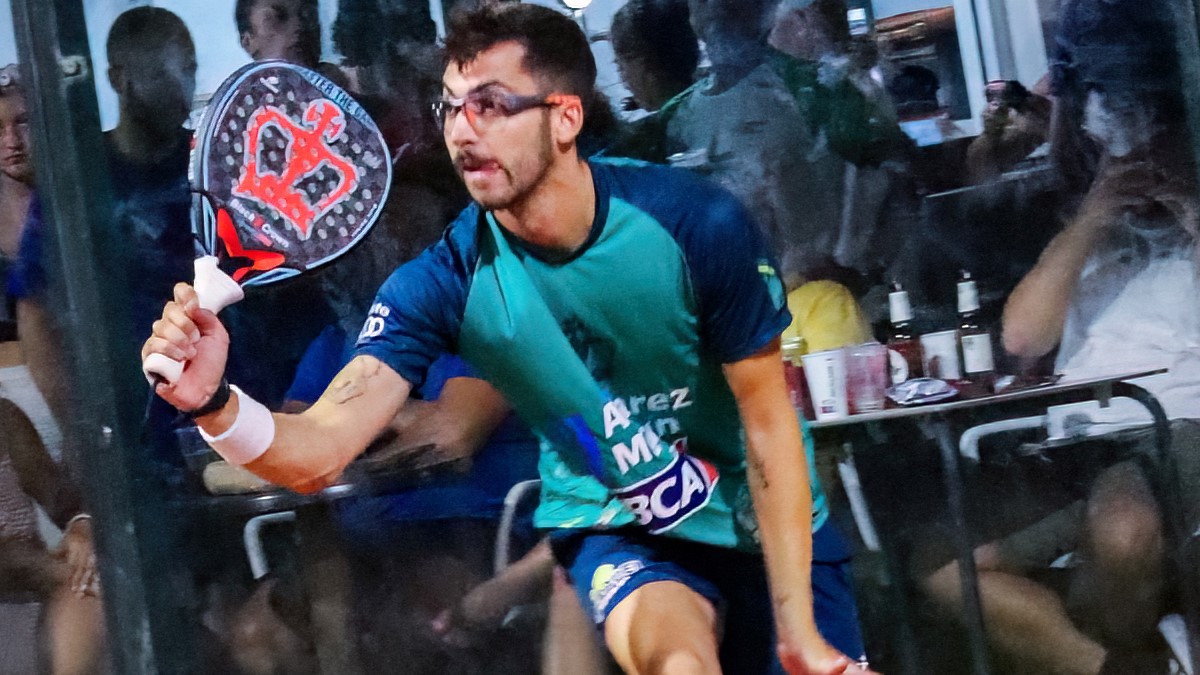 Tactical padel – What to do when faced with players who systematically stay at the bottom?
Tactical padel – What to do when faced with players who systematically stay at the bottom?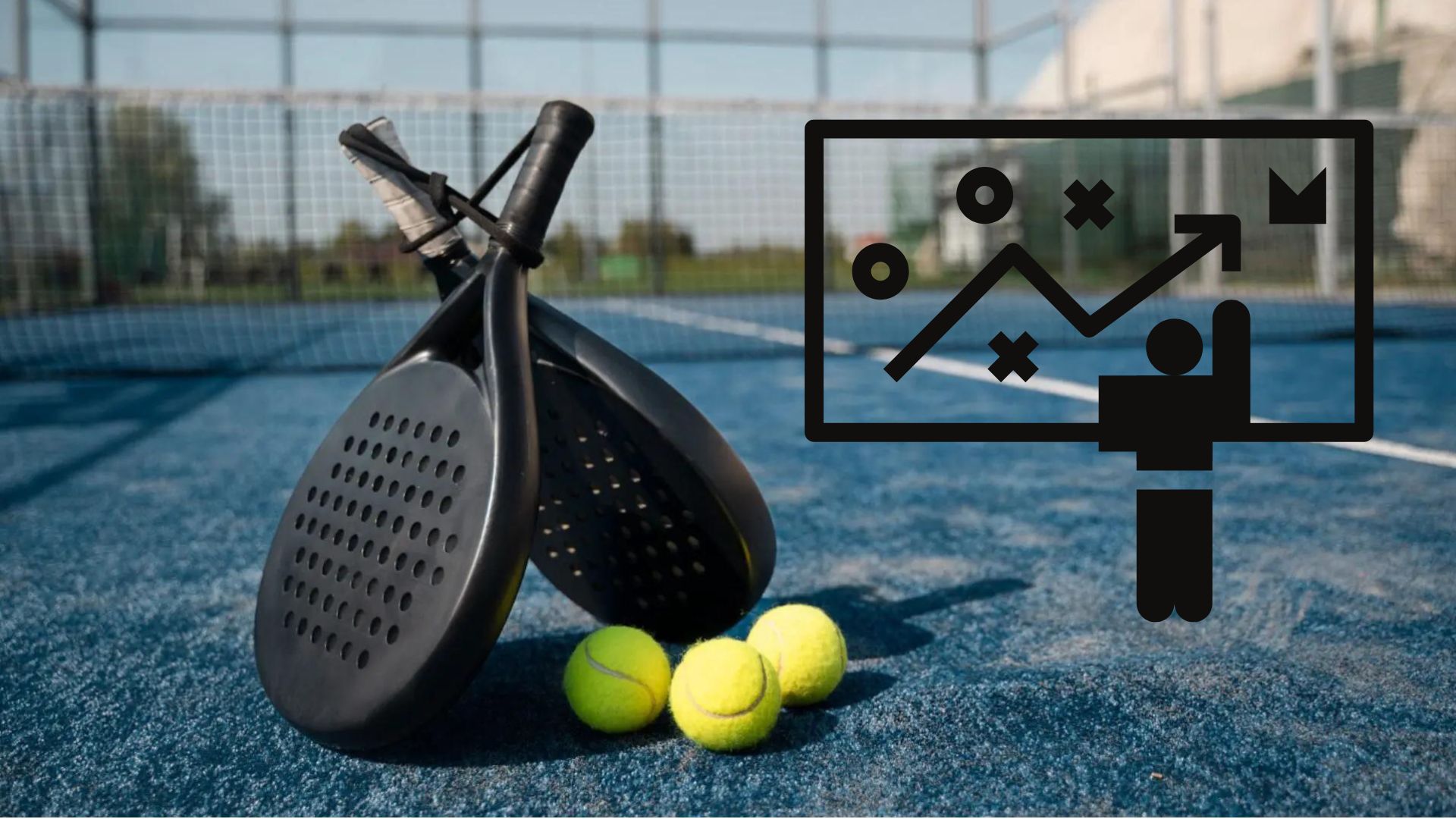 The basic tactics of padel
The basic tactics of padel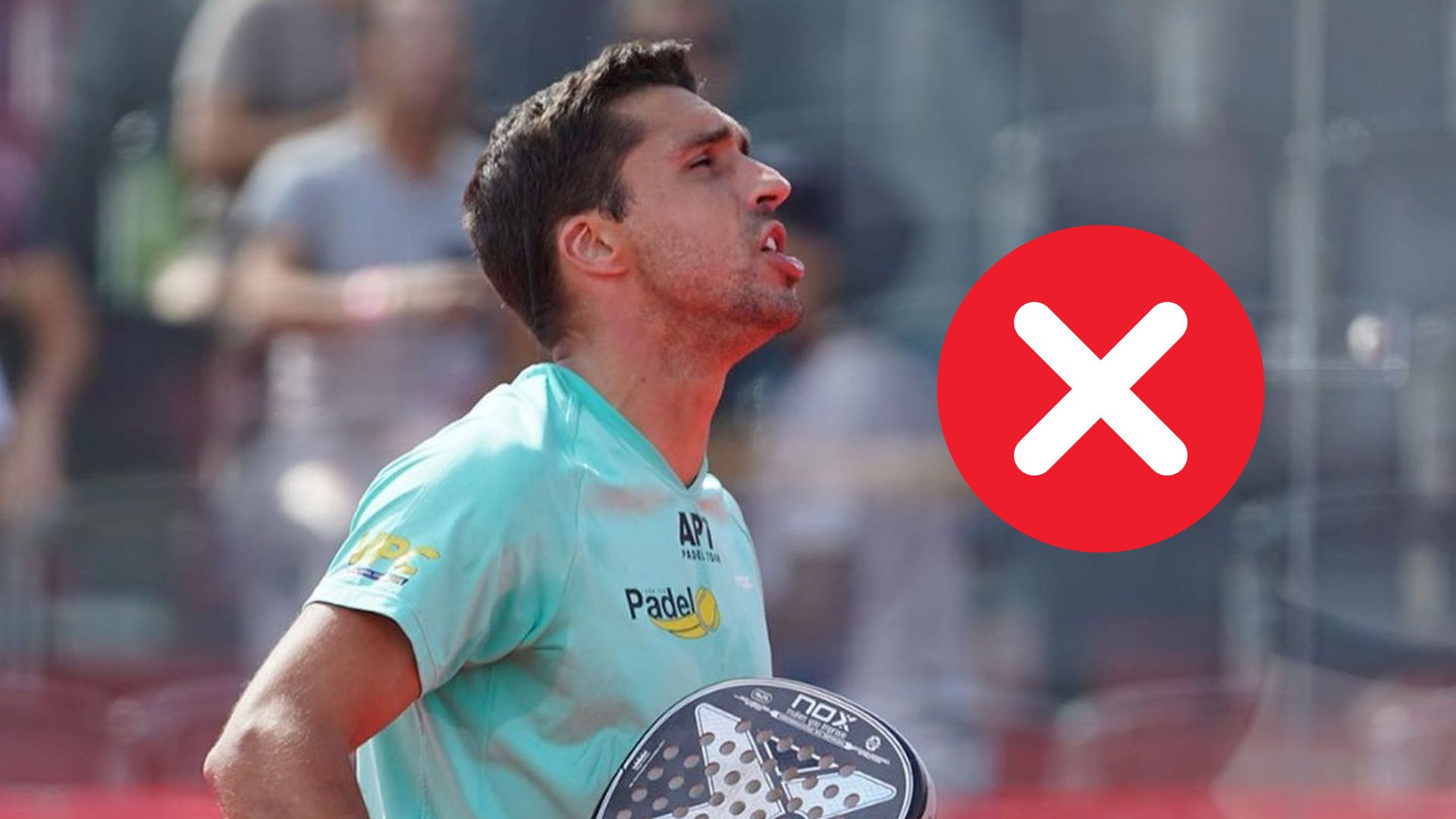 A par 4 is always a winner...even if you manage to defend it!
A par 4 is always a winner...even if you manage to defend it!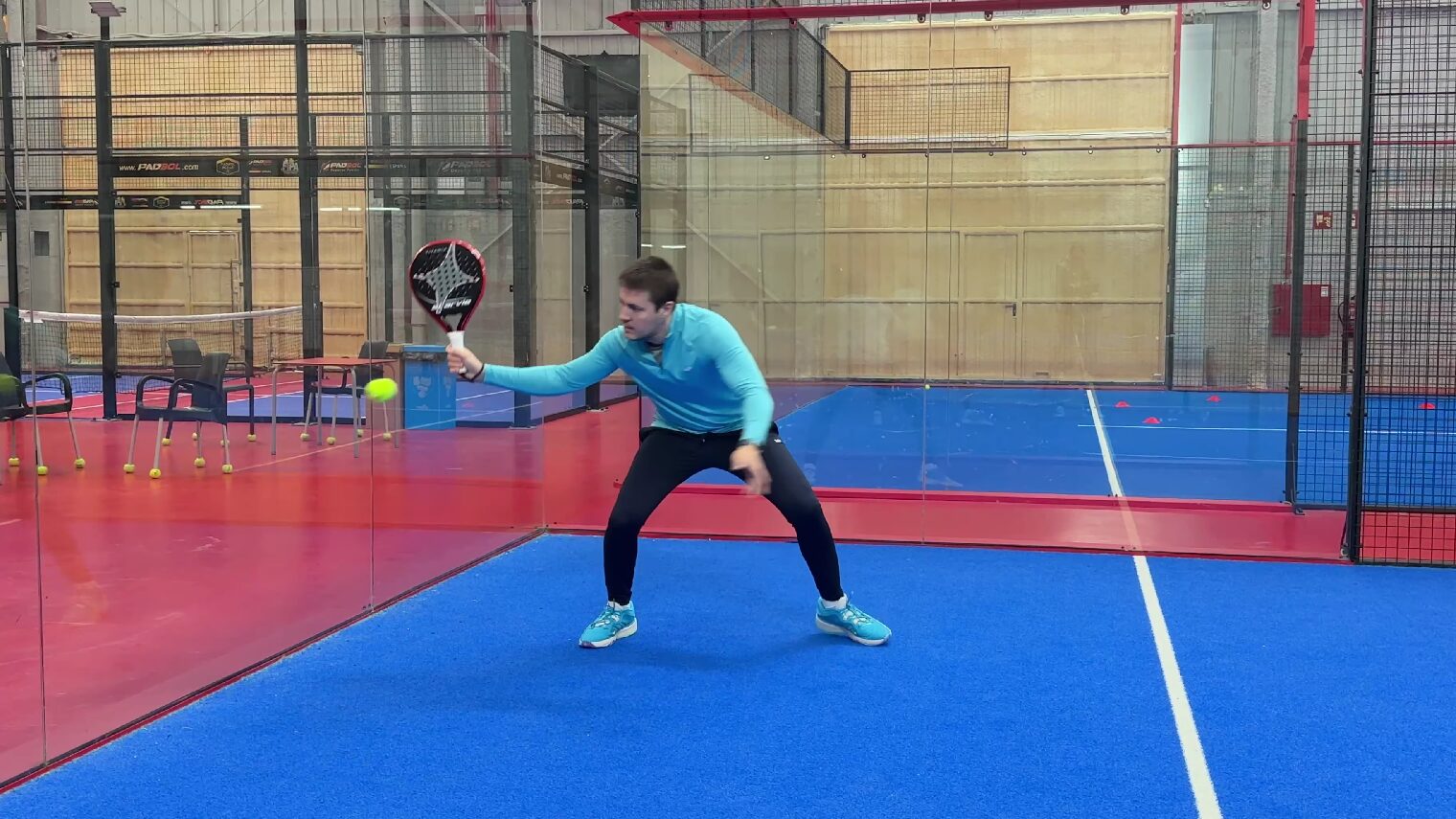 At the heart of padel – Episode 23: defend the window well
At the heart of padel – Episode 23: defend the window well Prohibition on playing topless Padel : the reasons
Prohibition on playing topless Padel : the reasons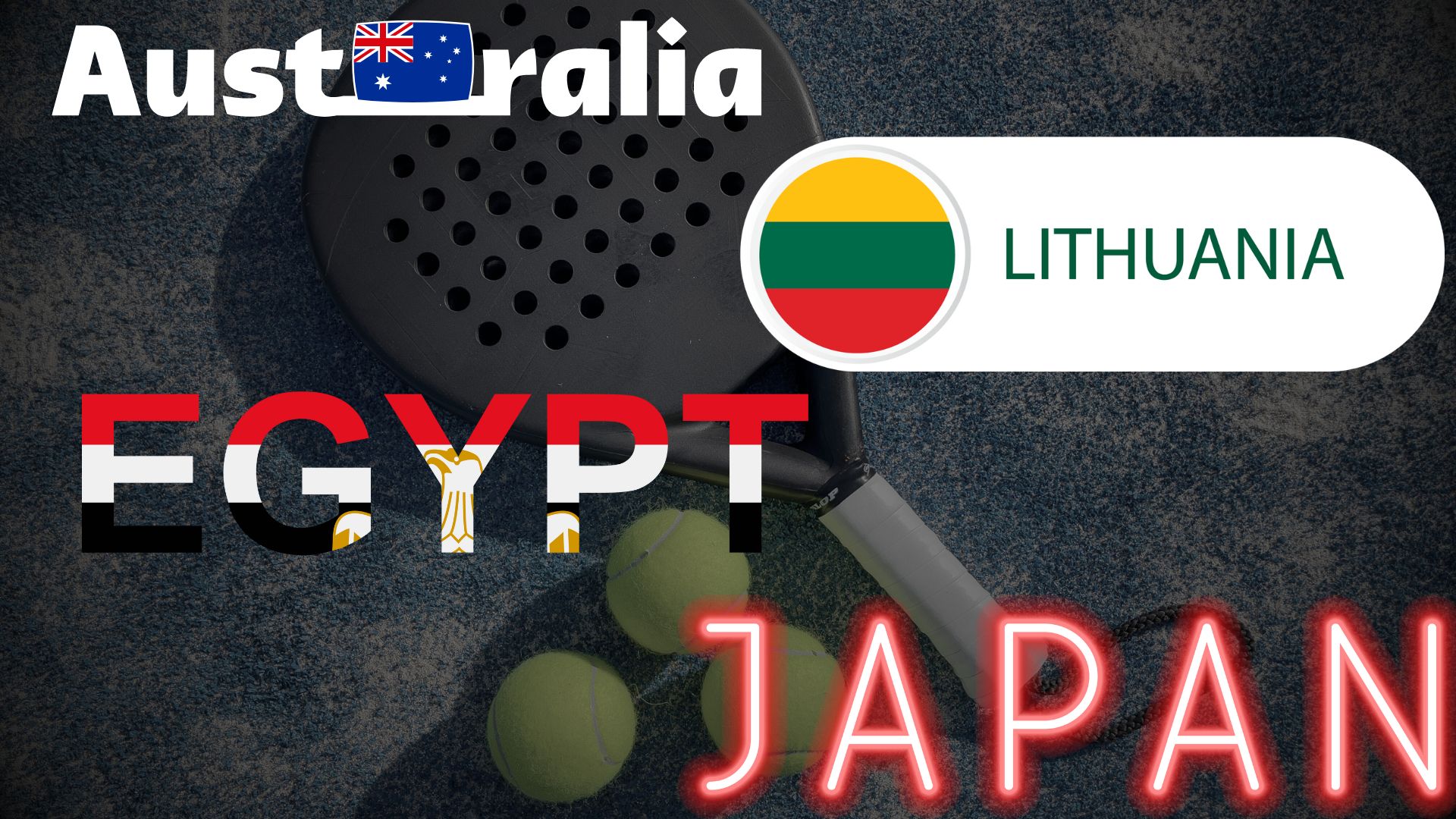 FIP Tour – Going far from Europe, THE strategy to earn points!
FIP Tour – Going far from Europe, THE strategy to earn points!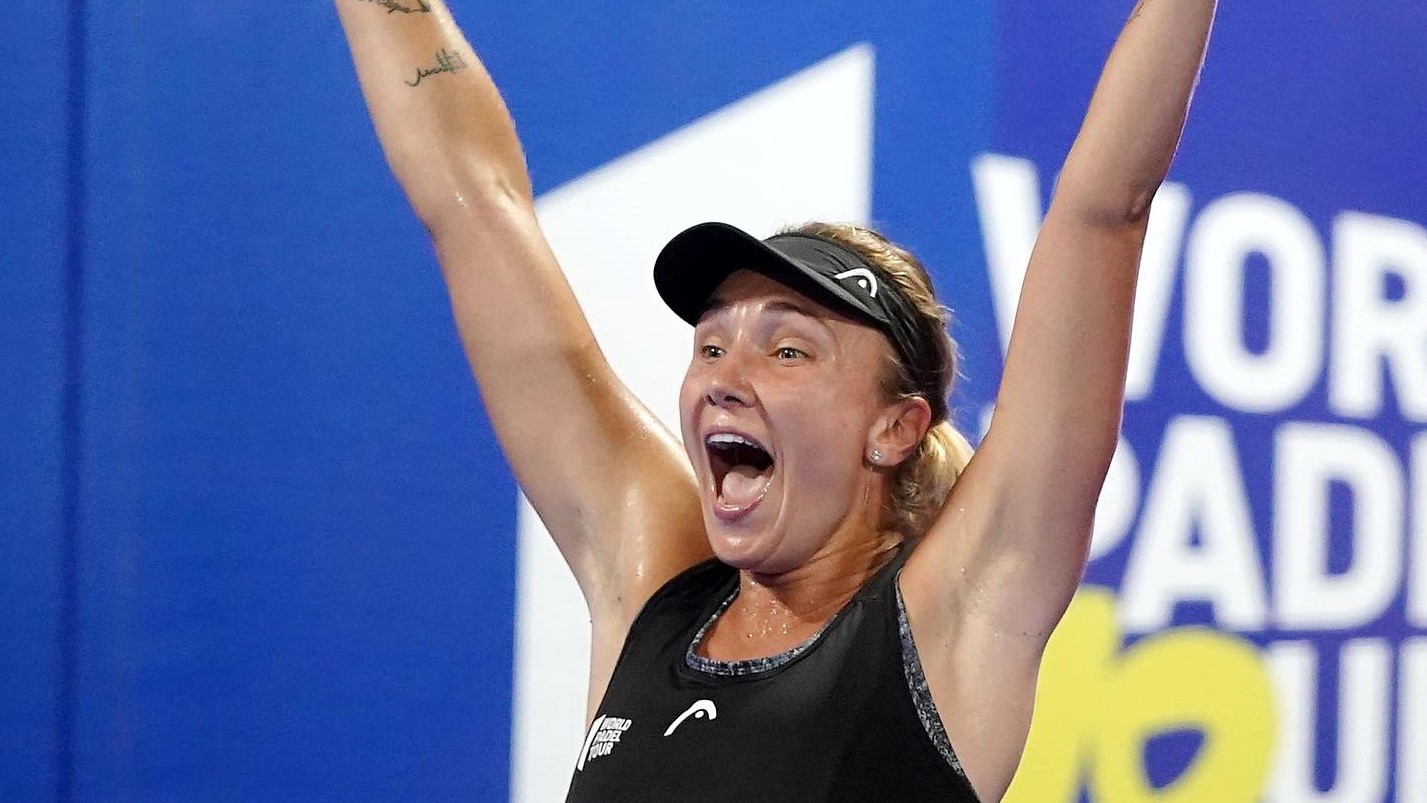 What is a good football player? padel ?
What is a good football player? padel ?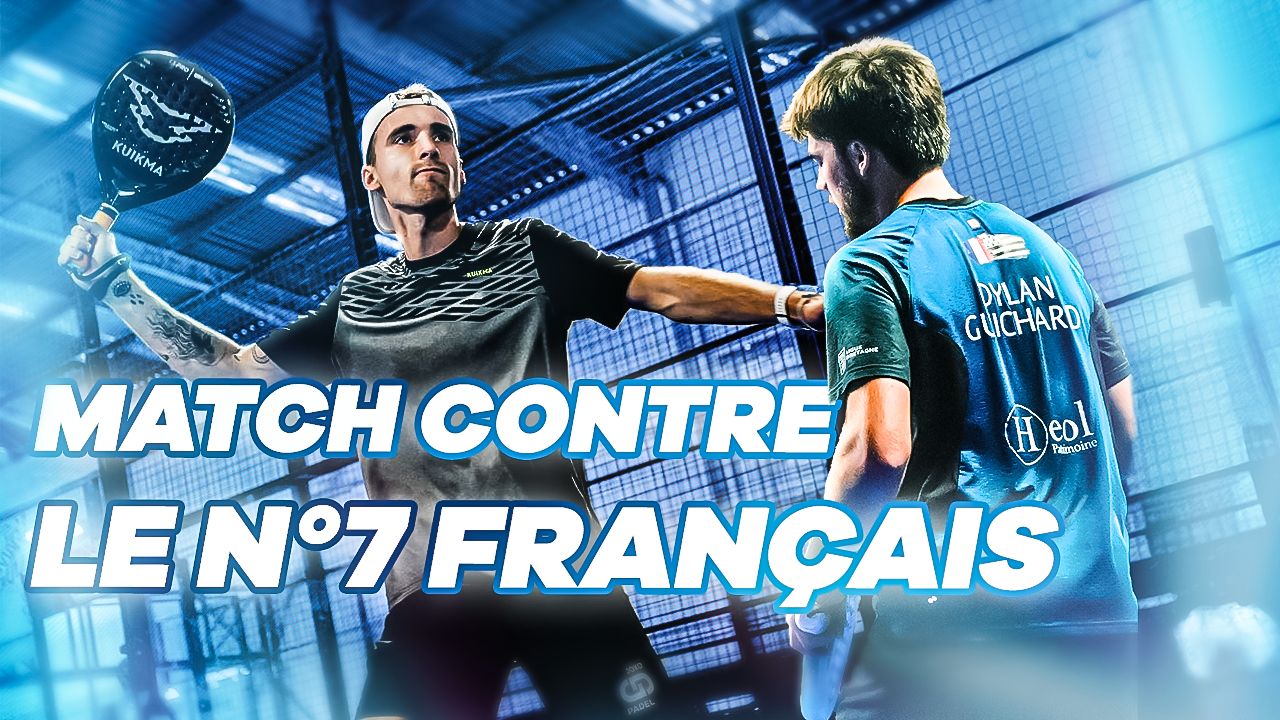 “Lefties give me headaches when I play against them!”
“Lefties give me headaches when I play against them!”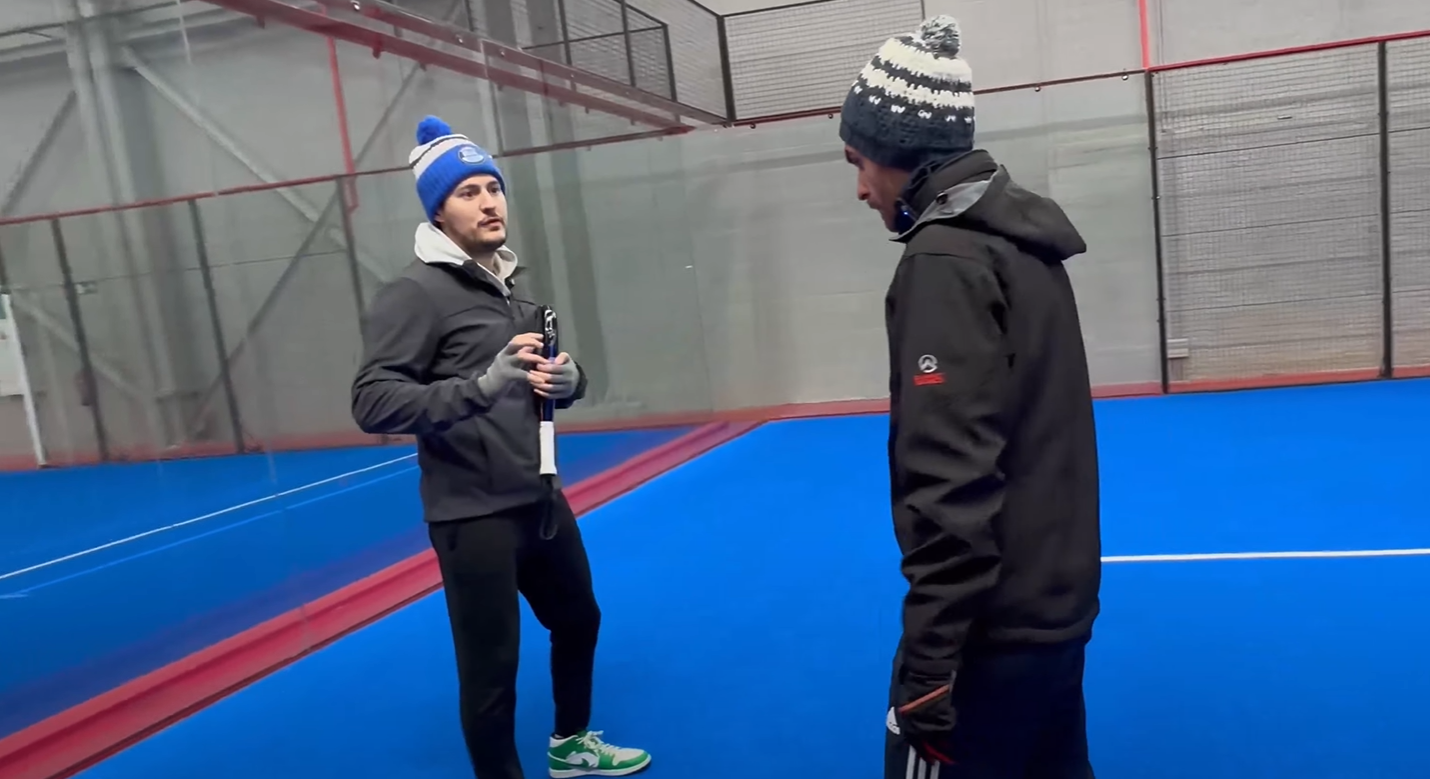 At the heart of padel – Episode 14: how to earn points in winter?
At the heart of padel – Episode 14: how to earn points in winter?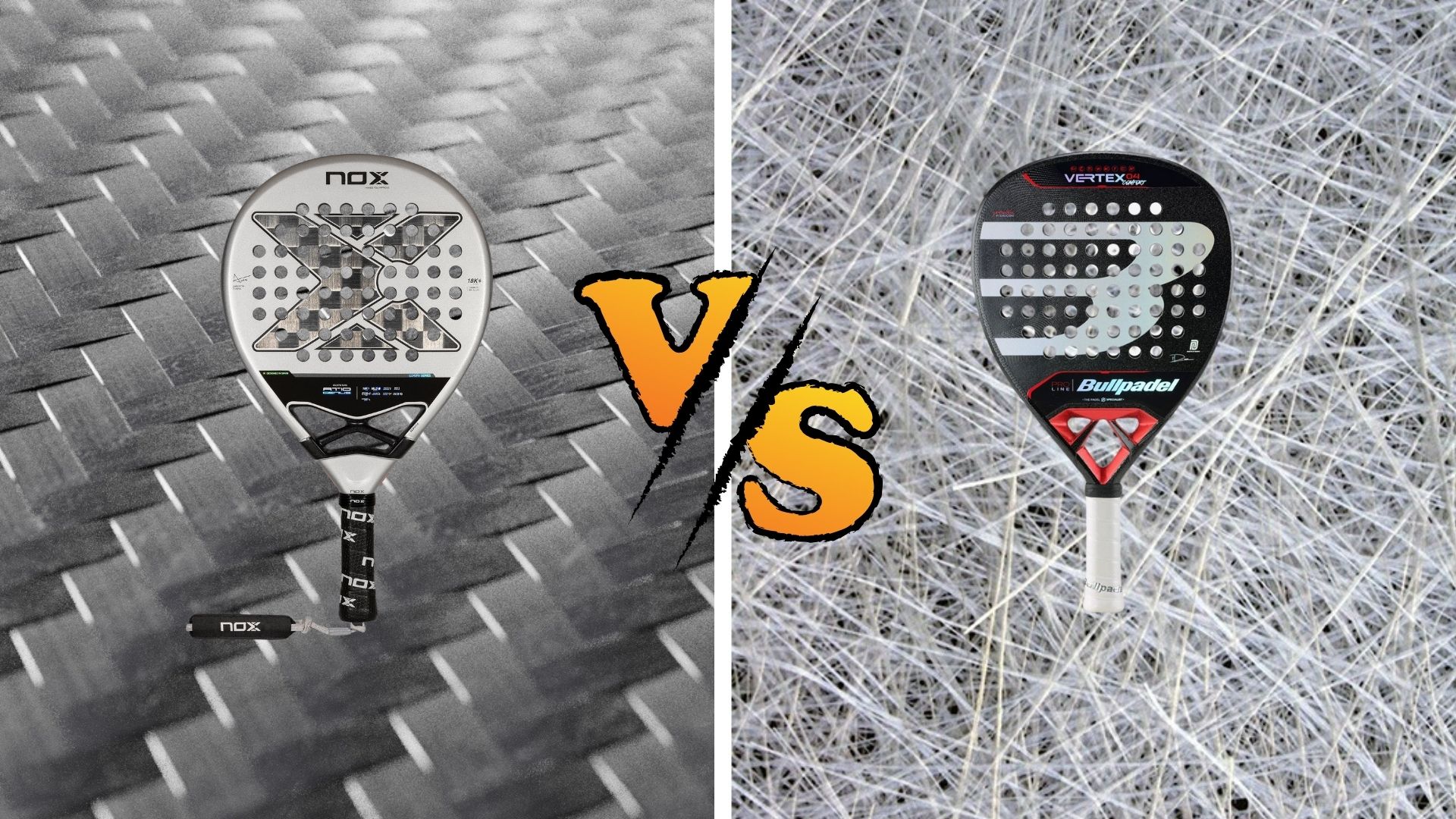 Carbon fiber VS fiberglass: what to choose?
Carbon fiber VS fiberglass: what to choose?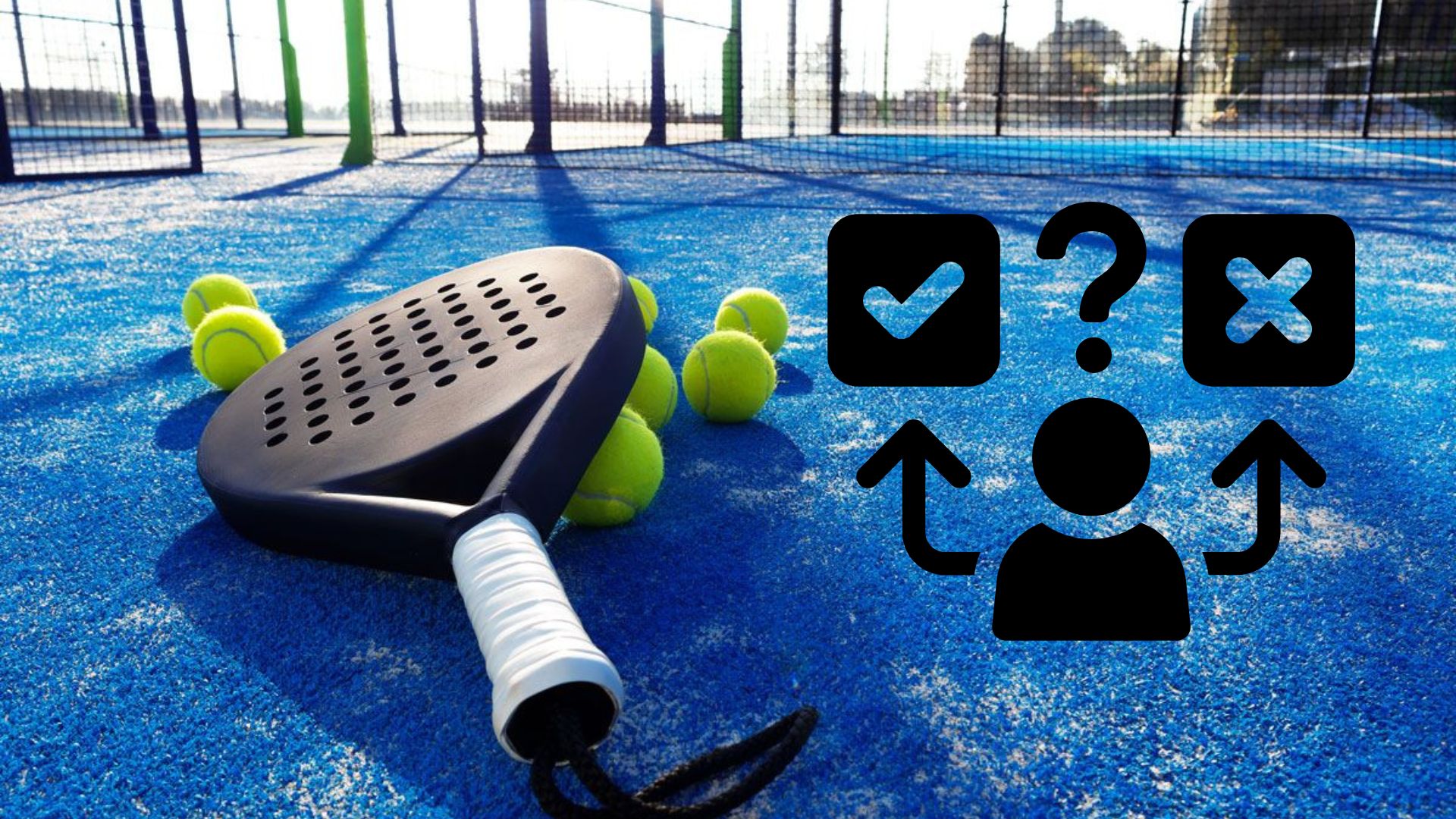 How to effectively test a racket padel ?
How to effectively test a racket padel ?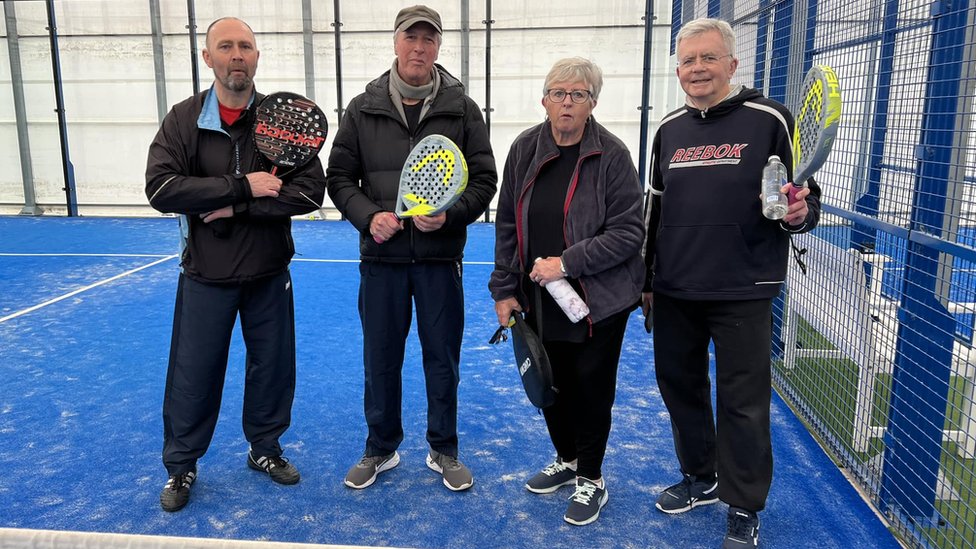 La padel to fight Parkinson's disease
La padel to fight Parkinson's disease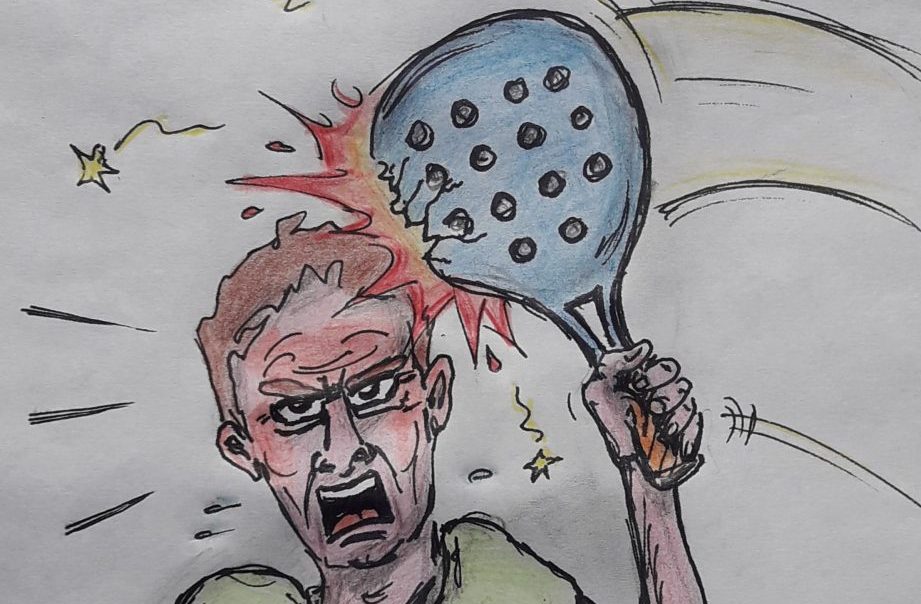 Don't play with a cracked or broken racket, your body will thank you!
Don't play with a cracked or broken racket, your body will thank you! Michel Cymes: “The padel, physically, it’s serious!”
Michel Cymes: “The padel, physically, it’s serious!”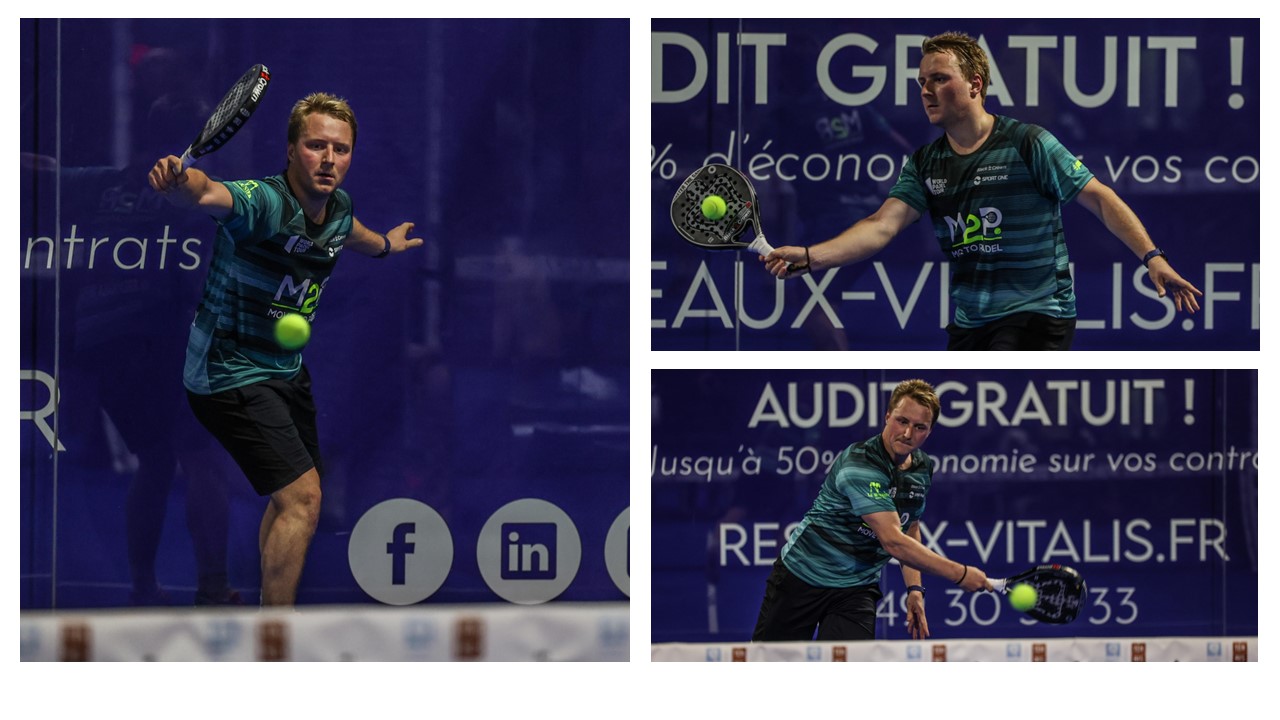 Jeremy Gala: “Promote the padel among young people in Belgium remains a challenge”
Jeremy Gala: “Promote the padel among young people in Belgium remains a challenge”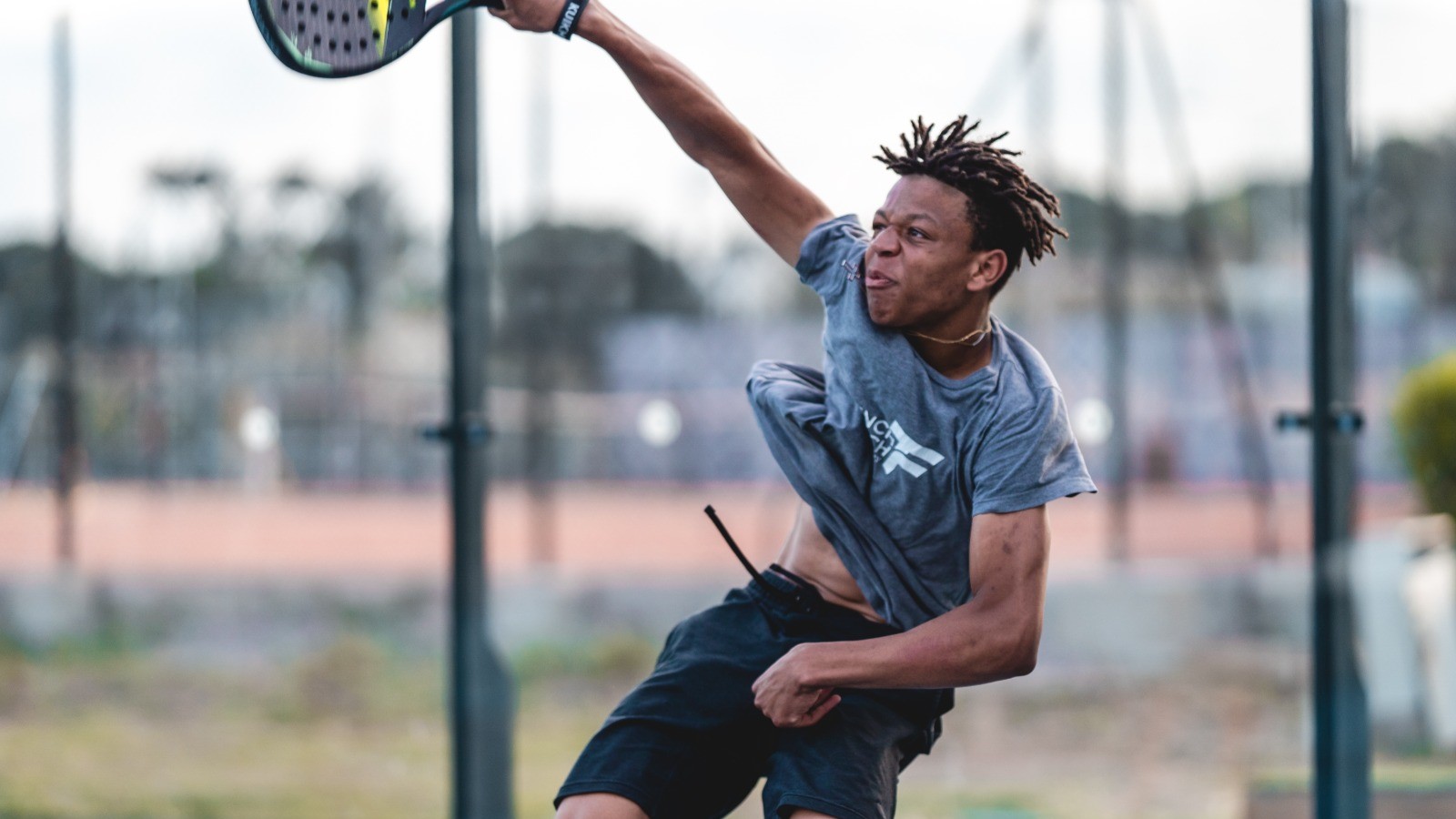 The French Touch Academy organizes its selection day Padel-Study
The French Touch Academy organizes its selection day Padel-Study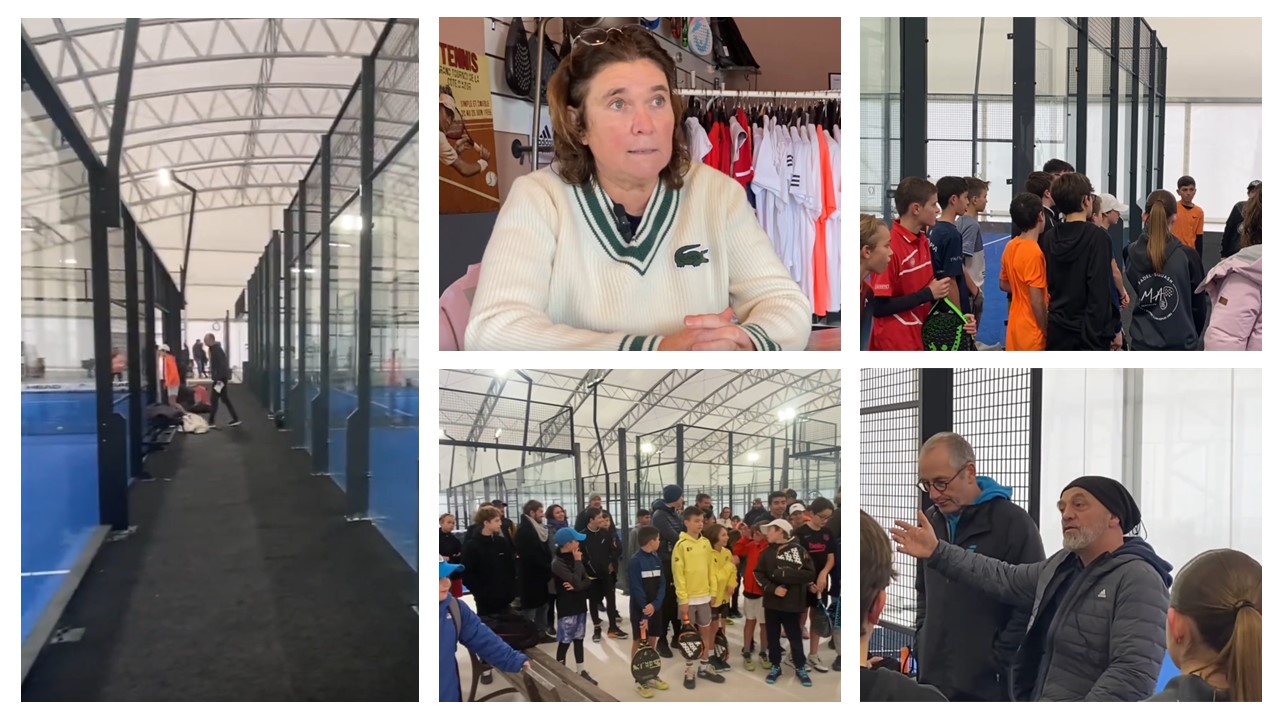 Report on the detection and training of younger generations
Report on the detection and training of younger generations Player's adult courses from April 8 to 21, 2024!
Player's adult courses from April 8 to 21, 2024!